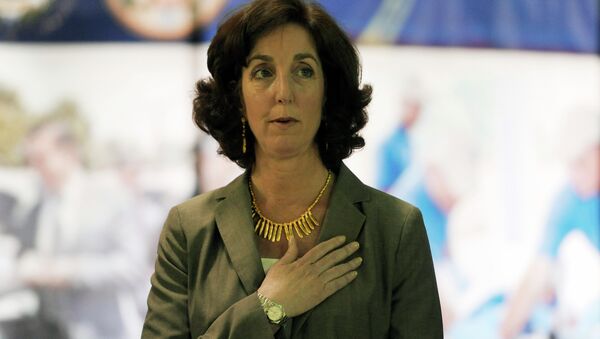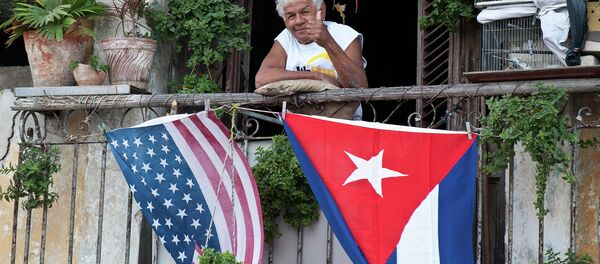“On practical issues, such as establishing direct mail, counternarcotics cooperation and oil spill mitigations among others, we agreed to continue dialogue and increase cooperation,” Jacobson said during the Senate Foreign Relations Hearing on US-Cuba Relations.
New steps in promoting US-Cuba cooperation will also include “increasing authorized travel and commerce, and the flow of information to, from and within Cuba,” Jacobson added.
Jacobson said that the US and Cuban governments have both “shared interests” and “sharp differences,” and that “US administration is under no illusions about the nature of the Cuban government.”
“I also raised with our Cuban interlocutors our concerns about its harassment, use of violence and arbitrary detention of Cuban citizens peacefully expressing their views,” Jacobson said, adding that she met with Cuba’s dissidents, entrepreneurs and independent media representatives.
On December 17, 2014, US President Barack Obama announced Washington’s decision to reestablish diplomatic relations with Havana and ease five-decade-long US trade and travel restrictions on the island. The United States had an embargo in place against Cuba since 1961, which was initially put in place due to Cold War antagonism between Washington and the Communist government in Havana.





